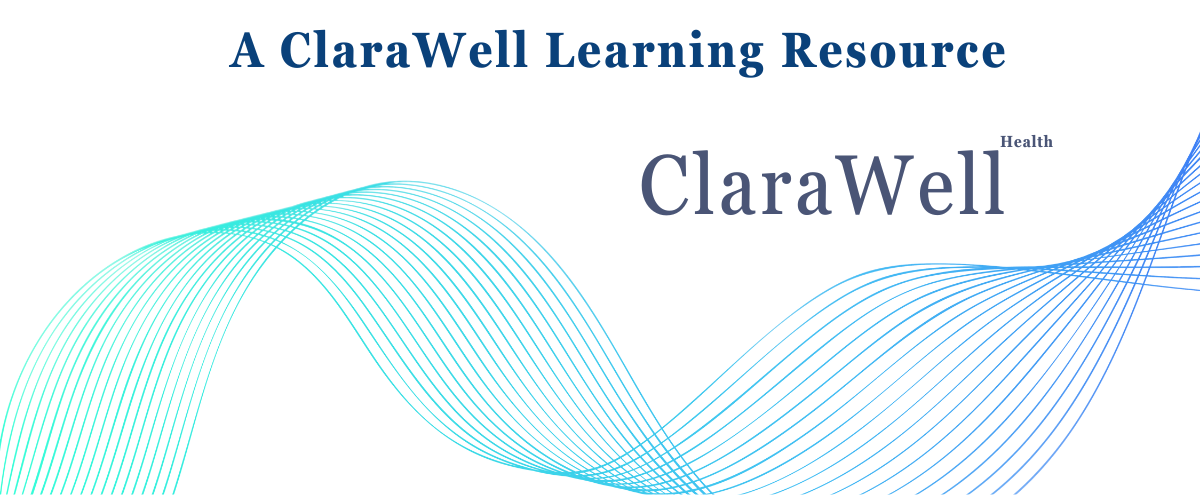Learn with ClaraWell
How ADHD is Diagnosed

How ADHD is Diagnosed:
What to Expect
Understanding ADHD Diagnosis
Getting diagnosed with ADHD isn’t about checking off a quick list. It’s a thoughtful process that considers your history, daily life, challenges, and strengths. Whether you're looking into a diagnosis for yourself or someone you care about, this guide helps break it down into clear, understandable steps.
👩⚕️ Who Can Diagnose ADHD?
ADHD is typically diagnosed by a licensed healthcare provider, such as a family doctor, psychiatrist, pediatrician, or psychologist. These professionals have training to look beyond surface symptoms and understand patterns over time.
If you're not sure where to start, talking to your family doctor is often a helpful first step. You can also reflect beforehand using ClaraWell’s ADHD Risk Screener, which helps surface patterns and symptoms worth discussing.
📝 What Happens During the Evaluation?
The diagnostic process usually includes a mix of:
- Personal history: questions about school, work, emotions, and focus
- Rating scales: standardized forms that assess attention, hyperactivity, and more
- Feedback from others: teachers, caregivers, or family (especially for children)
The goal is to build a full picture, not to judge, but to understand. For a full clinical overview of ADHD testing and screening tools, visit the Cleveland Clinic ADHD Screening Guide.
⏳ Why ADHD Diagnosis Isn’t Instant
Many conditions can look like ADHD-like anxiety, trauma, or even sleep issues. That’s why professionals take their time and rule out other possibilities. Understanding how ADHD is diagnosed highlights the importance of a thoughtful and accurate evaluation.
👶 Diagnosis in Children vs. Adults
In children, ADHD symptoms often show up in the classroom or during play. For adults, signs may be more internal-like difficulty staying organized, time blindness, or emotional overwhelm.
The process is similar across age groups, but how symptoms show up can be very different.
💬 What Happens After Diagnosis?
A diagnosis can be the start of something positive. It opens the door to understanding, strategies, and support-like therapy, coaching, or medication. There’s no one-size-fits-all plan, but having answers helps you move forward with clarity and confidence.
If you're just beginning to explore ADHD, you can start with the ClaraWell ADHD Risk Screener on our homepage.
🔍 Curious if ADHD Might Be Part of Your Story?
ClaraWell™ offers a simple, helpful screening tool to better understand your focus and attention challenges. It’s not a diagnosis, but it’s a good place to start.
Ready to take the next step? ClaraWell™ can guide you through a quick ADHD screener to help you reflect and learn more about your symptoms.
Take the ADHD Risk Screener